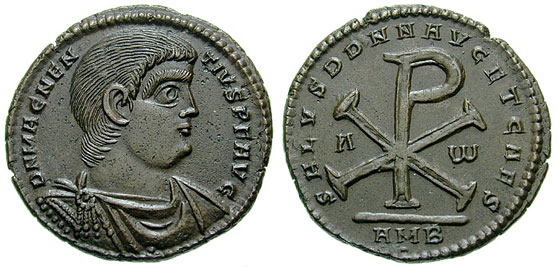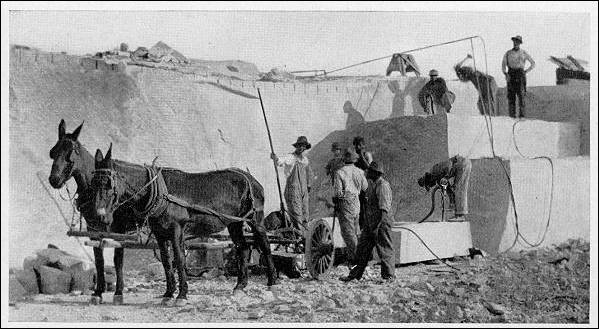The Son of Man has come eating and drinking, and you say,
“Look, a glutton and a winebibber, a friend of tax collectors and sinners!”
Luke 7:34*
Criticism – Who can escape it? Not even the perfect man was free from the critical eye and negative comment. Some critics judged Christ for the company he kept and assumed that He was over-eating and getting drunk. After all, that’s what they would have done, given the same opportunity.
Externals – Superficial things can become very important in any society. Setting a fork to the left of the plate is neither right nor wrong in itself, but can be used as a measure to discern who is cultured and who is not. The socially elite spurned the Lord Jesus for being at the wrong party. They weren’t seeking truth; they were seeking faults.
Pride – The desire to look good and feel important is the source of every malicious remark and sarcastic comment. It fuels envy and prejudice and opposes the Savior. No wonder God resists the proud but gives grace to the humble (James 4:6).
Example – The Lord was misunderstood for being a friend of sinners. When disciples imitate their Master who showed love to the unlovely, they too are put down and criticized. However, what can be better than having the heart and mind of Christ?
*see also Matthew 11:19
June 2









